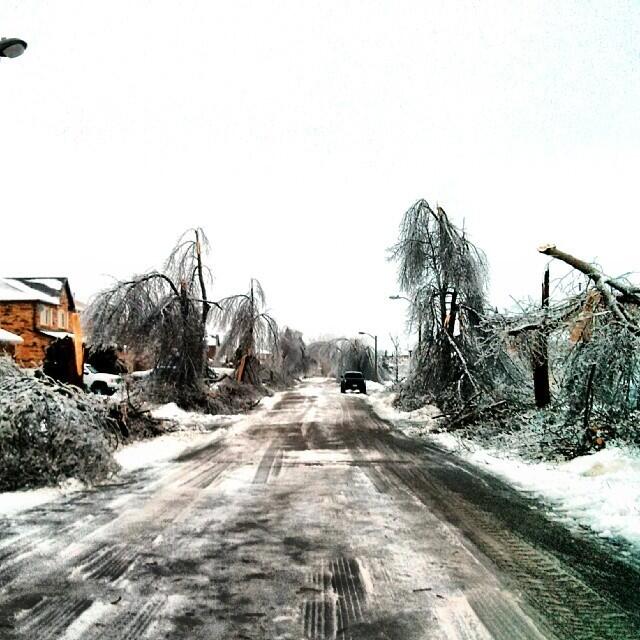Extreme Ice Storm, Ontario 2013
Published On: December 25, 2013
Chris Mei looks back at the Ontario ice storm that […]
Chris Mei looks back at the Ontario ice storm that impacted the holiday season. The Dec. 19, 2013 ice storm was a “remember where you were” event.
The storm was a result of a low-pressure system that formed over Texas and made its way to Ontario. The warm front from Texas mixed with the cold air mass in Eastern Canada.
The storm officially began on Dec. 19 and dissipated by Dec. 23, but there were prolonged impacts. The storm reached Ontario, Quebec, Atlantic Canada, Maine, New England, New York, Michigan and Arkansas.
The affected areas were faced with varying conditions, including extreme snow, an ice storm, and a tornado outbreak.
Related
- Strongest Jet Stream Ever Recorded To Bring Two Super Storms To United Kingdom Region This Week With Possible Tornadoes In Ireland
- Jennifer Francis – Understanding the Jetstream
- Where has Siberia’s winter gone? and some images
- Heatwave expected to hit one-third of Australia over Christmas, from that article “This is the first protracted heatwave of the spring-summer period over such a large area.”
- Australia records its warmest spring
- Argentine Capital Suffers Blackouts in Heat Wave
- Canada Calgary Aerial View + Bob Sanford speaks Floods
About the Author: Climate State
Climate State covers the broad spectrum of climate change, and the solutions, since 2011 with the focus on the sciences. Climate State – we endorse data, facts, empirical evidence.
Subscribe
Login
0 Comments
Oldest
Newest
Inline Feedbacks
View all comments
